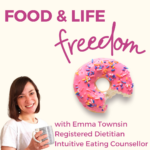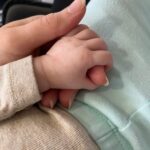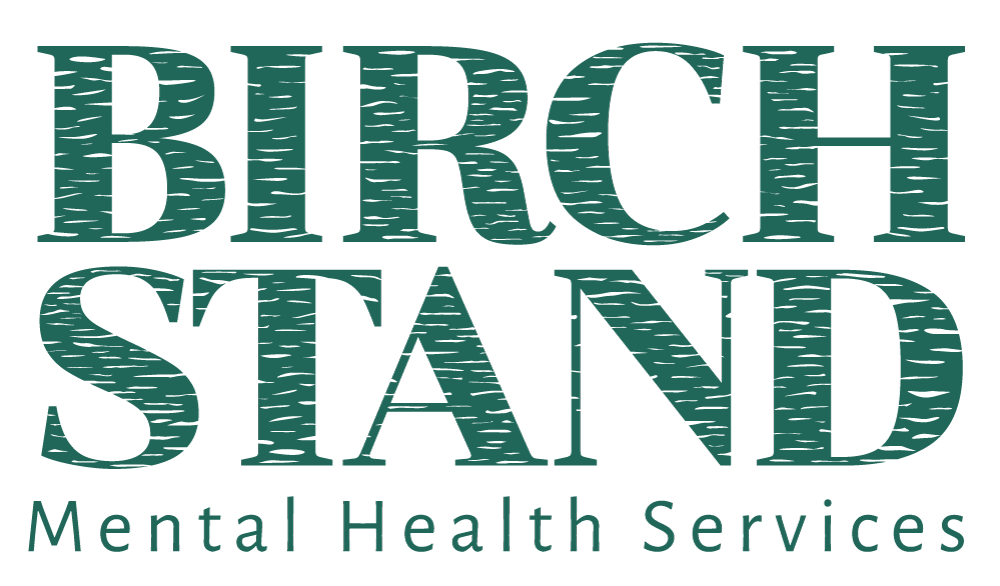S2 E4. Navigating Postpartum body image with Raquel Griffin
Food Life Freedom podcast, hosted by Emma Townsin

“We bind to this idea that it’s very normal to try and attain a body that looks like it hasn’t gone through like a major medical event. Right? Not just shape and size and weight, but you know, skin and stretch marks and scarring that these are all, you know, it’s bodily evidence left behind from what for many people can be a really joyful and beautiful time.”
Postpartum Body Image Tips From An ED Therapist With Lived Experience
Originally appeared on National Eating Disorder Information Centre

“It’s a strange thing to hold reverence for the body that withstood such a major medical event and brought my treasured child into the world, while also resenting the bodily evidence left behind.”
The Grief Year
Originally appeared on Pregnancy and Infant Loss Support Centre

“… there was nothing wrong with me, there was something wrong with the system. The patriarchal systems in place that keep pregnancy loss our dirty little secrets.”
